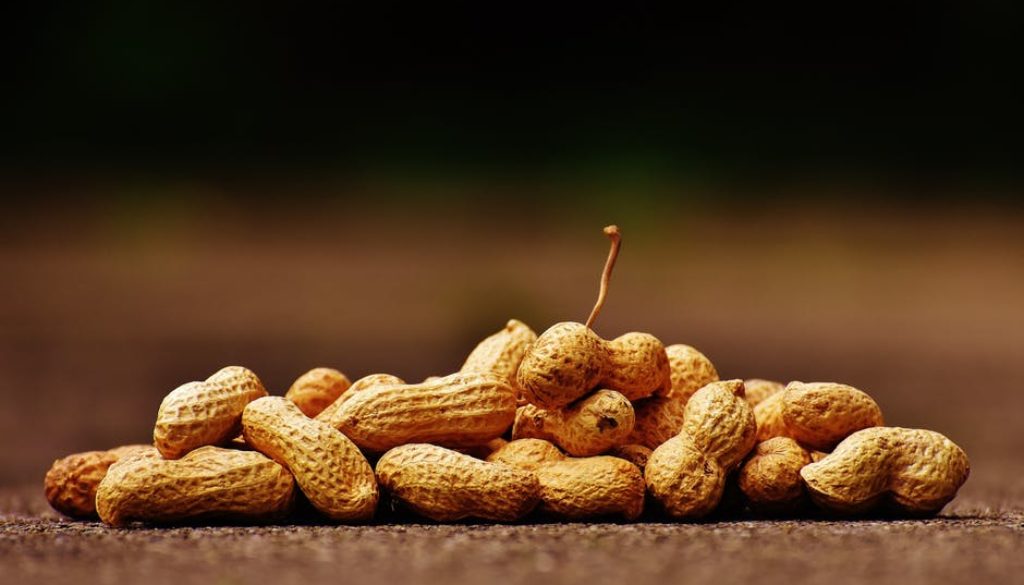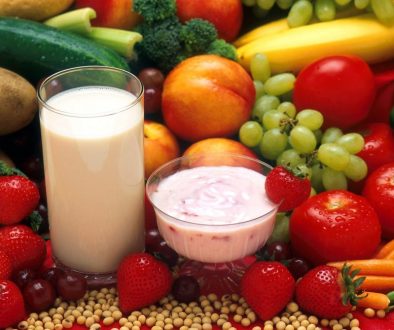Is peanut butter really good for you?
Peanut butter is a delicious spread that many of us have grown up with and regularly eat most days. But, is it really a healthy spread, or is it another one to put aside in the”do not eat” pile?
Basic commercial peanut butter can contain salt, sugar and possibly even preservatives and additives, so is not ideal in large amounts.
However, there are now some great peanut butters that are mainly nuts, no sugar, no salt.
Peanut butter has been given a bad wrap by many as being too high in fat and you shouldn’t eat it because its “bad” for you.
But is it really?
Many studies have been done looking at the benefits of eating nuts. They can help to curb appetite and control hunger and make a great snack between meals.
The American Journal of Nutrition suggests that long term consumption of nuts and nut butters can actually help to maintain weight loss. Yeah!!
In the past the focus was on keeping fat intake low; however if you take in too few calories from fats, you are most likely not giving your body enough calories and energy. This can slow down your metabolism, exactly the opposite to what you want to try and achieve.
Peanuts provide:
- more protein than any other nuts(7gms per 2 tablespoons)
- are a good source of fibre(2 gms per 2 tablespoons)
- contain healthy plant based unsaturated fats (16gms per 2 tablespoons)
This combination of protein, fibre and unsaturated fats creates a slow digesting product, keeping you full and satisfied for longer. You are therefore less likely to snack on empty food.
Peanut butter adds variety to an eating plan that may seem somewhat bland if you are being very restrictive. It adds those healthy fats, and will help add some Yum factor to your food.
Try putting a tablespoon of a good quality pure peanut butter on an apple, or a banana for a morning or afternoon snack. Your snack then contains healthy fats, carbs, fibre and some protein.
There are some great peanut butters containing just nuts, chia seeds and flaxseeds. When you open the jar, it’s a good sign if the oil separates from the peanuts. This usually indicates the product is free of additives.
Try some of the other nut butters available as well. Almond butter, or a variety of other nut butters. They do tend to be on the more expensive side so this is a good incentive to eat only a small amount at a time to make the jar last longer!
A serving is typically 20-30gms. Think 1 tablespoon(flat not heaped!).
A teaspoon of peanut butter can often be enough to satisfy your tastebuds and provide enough calories as well.
It is a high calorie product so do be careful about how much you eat in one day. If you are trying to reduce how much food you are eating each day, then be mindful of the nutrition content of what you eat and how energy dense it is.
Balance out your fats over the day rather than have them all in one sitting.
You do need saturated fats in your diet so that fat soluble vitamins can be absorbed by the body. Eat lean meat, omega 3 rich fish and nuts and seeds for all your fats. Extra virgin cold pressed olive oil is one of the best oils to use.
So, enjoy your peanut butter, keep it pure; no salt, no sugar, no additives, and restrict your intake to about 2 tablespoons a day. Spread this over the day and you can enjoy several serves and not feel deprived of one of life’s tasty treats.




